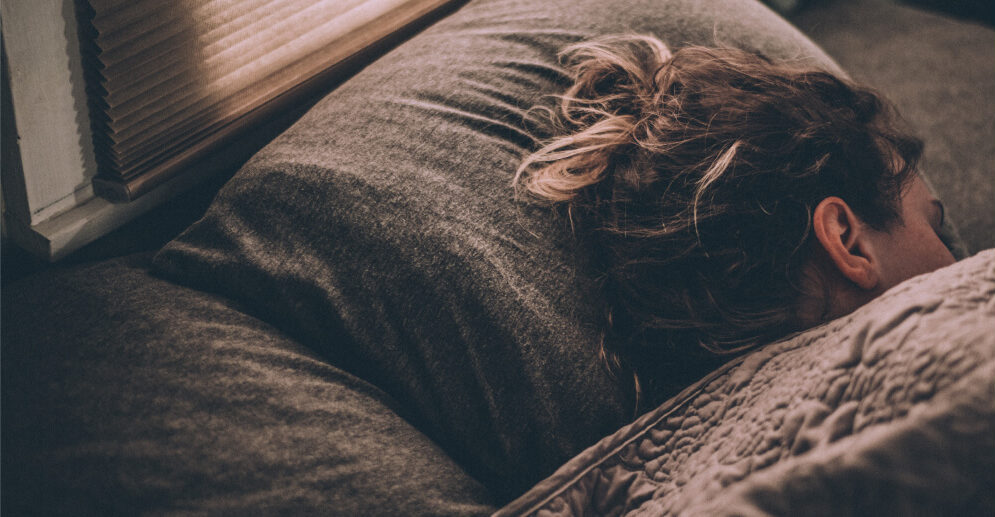People in the United States are now contending with the novel coronavirus. It has already brought entire countries, including Italy and South Korea, to a screeching halt.
The Centers for Disease Control are recommending that everyone engage in social distancing in order to try to stall the coronavirus from overwhelming our healthcare system. Recommendations include staying home as much as possible and keeping a distance of at least six feet from other people. This is far easier for some than for others.
There are some especially vulnerable folks within the category of people who use drugs. This includes people who are experiencing homelessness and survival sex workers. It also includes people who are immune-compromised from HIV, advanced liver disease, or for other reasons. People who are elderly or immune-compromised are at high risk for developing serious and sometimes fatal symptoms of COVID-19, the illness that results from the virus. The novel coronavirus is highly contagious, spreading from person-to-person contact or from contact with surfaces that an infected person touched, including cash. People who are not feeling sick can still carry and transmit the virus to others.
Using drugs during the pandemic.
As a community, we need to look out for vulnerable folks and help each other as much as we can. In this vein, many harm reduction facilities around the country are staying open as long as possible to provide care for people who use drugs. Some are using mobile outreach and delivery services to get supplies to high-risk populations.
1. Stock up on your supplies.
While some programs are government-funded, many harm reduction centers are volunteer-run, grassroots efforts with limited budgets. Not all of them have enough healthy staff or funding to keep all their hours, or to stay open at all. If you need specific equipment, such as syringes, in order to stay healthy, it’s important that you pick up your supplies early. Try to get enough of what you need to last for two weeks to two months. If you are an injection drug user, this means sterile syringes, alcohol wipes, sterile water, and other related equipment. There have been shortages on some essential medical supplies, like face masks. But if you panhandle or otherwise handle cash frequently, it’s worth asking your local shelter or harm reduction facility if they can provide you with gloves to help you stay safe.
2. Practice good hygiene.
If you are going to use drugs during the pandemic, engaging in safe use and utilizing basic hygiene practices are more important then ever. Wash your hands with soap and water for at least 20 seconds before and after using drugs. Do the same after handling cash or engaging in a deal. Use new, sterile equipment, and don’t share it with anybody. This includes smoking equipment like vapes and bongs.
3. Keep your distance.
Social distancing is being recommended by the CDC, and it is important. But so is having someone nearby who can administer naloxone in case of an overdose. Always keep naloxone on hand. And always use with another person present. If you must use alone, call a friend or 1-800-484-3731 extension 800. That number will connect you with an operator who will stay on the phone without judgment while you use. If you become non-responsive, they will call for emergency medical services . This service is available within the continental United States.
Check out the Harm Reduction Coalition’s website for more detailed recommendations about staying safe during the coronavirus pandemic.
Accessing medications for opioid use disorder.
1. You may be able to take home a supply of your medication.
If you are prescribed medications for opioid use disorder like methadone or buprenorphine, you may be wondering if and how you will continue to access your medications. It’s a justified worry, but the appropriate authorities are working on solutions. SAMHSA has now issued guidelines allowing states and clinics to apply for blanket take-home exceptions in many cases, for 14 to 28 days. How they utilize this expanded license will be up to individual states and clinics. But if clinics are forced to close their doors, they have the means to continue dosing patients.
2. Telehealth is becoming more available.
Telehealth restrictions have also been lifted so that more people can utilize telemedicine at homes and shelters from their regular cell phones. WorkIt Health patients are fortunate in that they are already used to telemedicine. Now some office providers are also looking into utilizing similar means of offering addiction treatment remotely. These include e-prescriptions for buprenorphine, video or phone one on one counseling, and online support groups. This week, the DEA temporarily suspended a law that requires buprenorphine patients to see a waiver prescriber at least once in person before utilizing telehealth. Now, new patients can induct entirely through telemedicine.
3. Consider seeking buprenorphine to stay out of withdrawal during the pandemic.
This is a time of so much uncertainty. It might become suddenly impossible for users to contact their regular supplier, and engaging in illicit drug use may put some at risk of contracting the coronavirus. During this time, the ability to easily and comfortably utilize buprenorphine telemedicine from the very first visit is crucial to keeping people with opioid use disorder safe and healthy. Many providers are reducing or eliminating requirements like group meetings, one on one counseling, and in-person office visits. If you are opioid-dependent and currently relying on black market drugs, consider engaging in buprenorphine treatment so that you can reduce your social contact while staying out of withdrawal.









